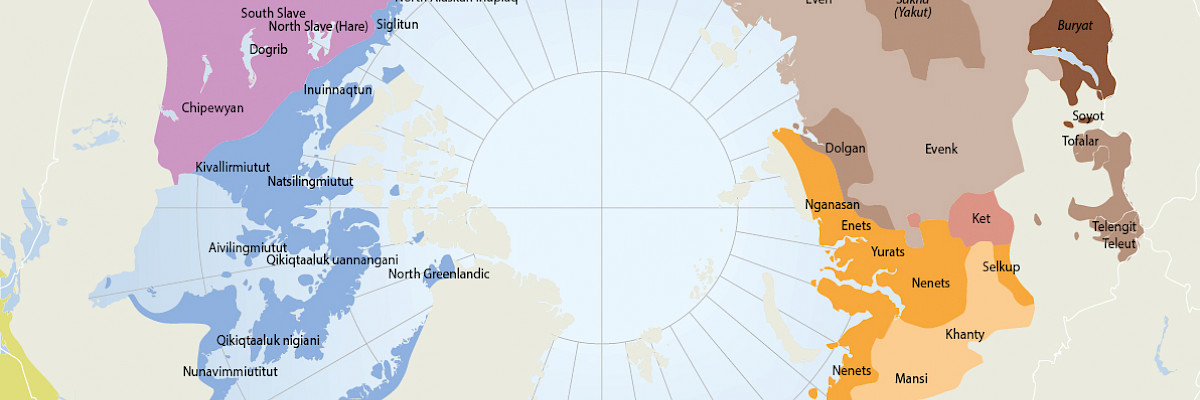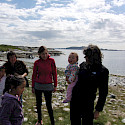
Linguistic Diversity
An assessment on the status and trends of languages spoken in the Arctic as part of the Arctic Biodiversity Asessment.
The future is bleak for the majority of the languages currently spoken in the Arctic. If no action is taken, most are likely to become extinct in the next few generations. Twenty-one Arctic languages have become extinct since the 1800s and 10 of these extinctions have taken place after 1990, indicating an increasing rate of language extinction.
Twenty-eight languages classified as critically endangered are in dire need of attention before they, too, are lost forever. Over 70% of the Arctic’s indigenous languages are spoken only in single countries, and so are particularly exposed to the policies of a single government bringing with it the potential perhaps, for more effective conservation of these languages, as no cross border efforts are required. The remaining languages are spread across a number of jurisdictions and are therefore subject to differing approaches when it comes to addressing their revitalization.
Language revitalization in the Arctic is possible, and there are multiple examples to prove it. Many Arctic Indigenous groups have already begun working on language revitalization, viewing it as an important component of their identity.
 Arctic Council Working Group
Arctic Council Working Group 
